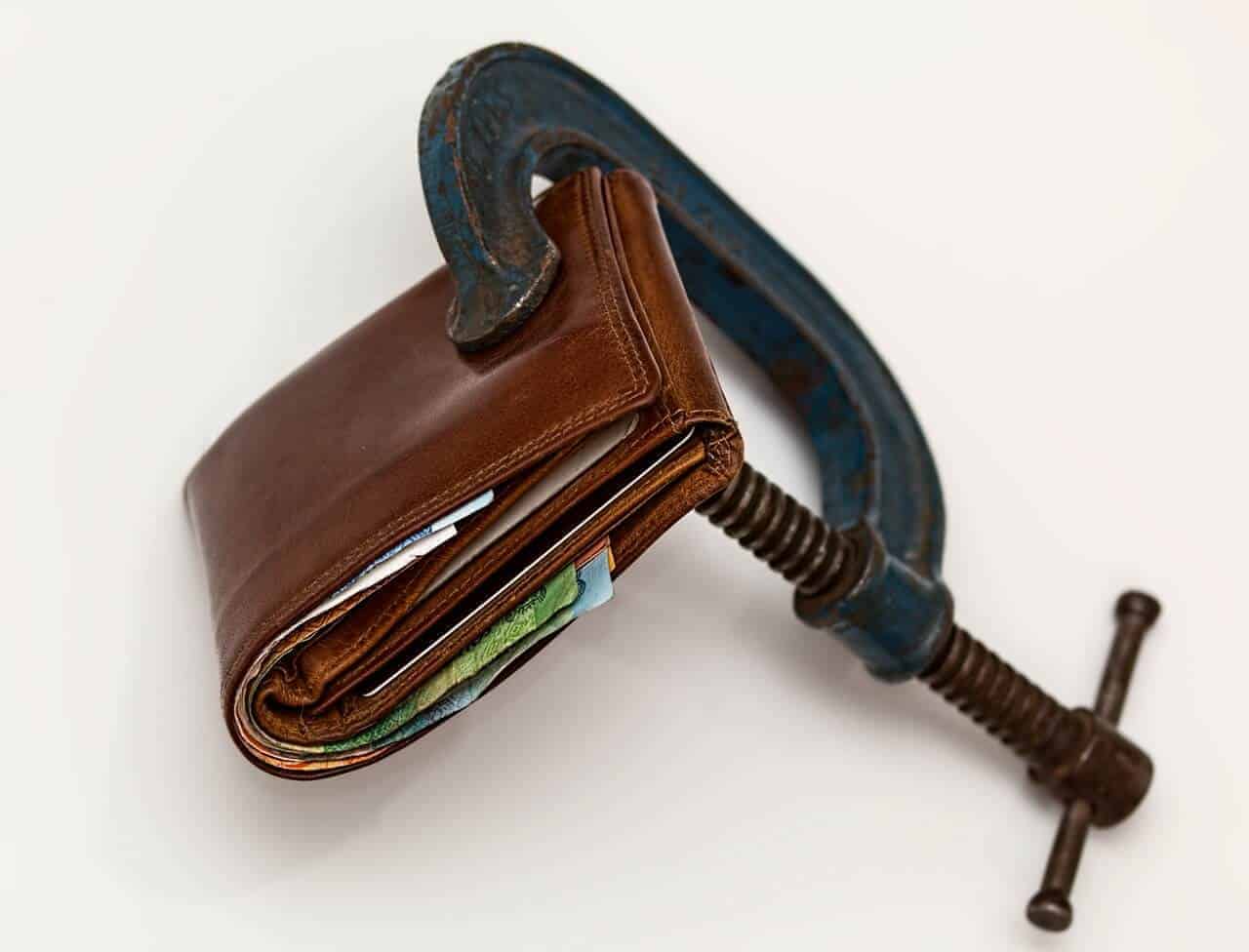In order to qualify for a personal loan, you’ll need to provide the lender with certain information and documentation to support your application. These provide the lender with some assurance that you are creditworthy and will be able to repay the requested personal loan, so a proof of income and reliable history of making repayments on previous lines of credit are important in order to qualify for a personal loan.
How to Qualify for a Personal Loan
The key criteria that lenders will look at in order to make a decision on your personal loan application include your credit score, current income, and employment or business history. The lender can then determine whether you are likely to be able to keep up with repayments. If the lender feels that you are at high risk of missing a payment on your personal loan, they will offer a much higher APR. If you have poor credit, you can improve your odds of obtaining a personal loan by securing the loan with collateral or applying with a co-applicant who has a stronger credit score. Missed payments on your loan will affect the credit score, but you can take some action in order to minimize any further damage.
When applying for a personal loan, the basics normally include proof of identity, with two forms of ID such as passport, driver’s license or state ID are often required. Many lenders will only offer loans to US citizens or resident aliens, due to the perceived risk of lending to non-US citizens who are in the country on a temporary visa.
Your Credit Score
One of the most critical factors that affect the approval of a personal loan is the applicant’s credit score. As personal loans are generally unsecured, the APR tends to vary largely based on the applicant’s creditworthiness. An applicant with an excellent credit score of above 720 may be able to obtain a personal loan with an APR that is between 15 to 20% lower than somebody who has a poor credit score. A poor credit score won’t necessarily make you ineligible for a personal loan, but will likely limit the number of lenders that will offer a loan and result in higher APR.
A credit score in the region of at least 580-600 is generally the minimum that conventional lenders ask for, and any personal loan issued to an applicant with a credit score below this is likely to have a high APR and unfavorable terms. Lenders will also consider your credit history, a history of late payments is likely to damage your loan eligibility.
Most personal loans are unsecured, that is, they are not secured by any collateral such as a house or a car. As such, they are considered riskier by lenders who don’t have recourse to seize an asset in the cause of default, and so the credit score gains more importance. If the applicant has a poor credit score, it may be possible to obtain a personal loan by seeking a loan that is secured by an asset.
Key Requirements
If your application is looking weak to qualify for a personal loan, you may be able to increase your odds of obtaining a personal loan by using a co-applicant with a stronger credit score. Your co-applicant will have the same rights and responsibilities in relation to the loan so will be able to access and use the funds, but will also share the burden of the loan repayment. A cosigner is similar to a co-applicant but without the rights and responsibilities. Although it is more common with mortgages, a few lenders will allow for co-applicants or co-signers on personal loans. Be aware that if you miss a payment on your personal loan, that you not only negatively affect your own credit score but also that of the co-applicant.
Proof of income is another essential requirement to qualify for a personal loan so that lenders can be confident that you will be able to keep up with payments. Applicants who are employed full-time are looked upon favorably, as they have a steady flow of income from their salary. Self-employed applicants can still be eligible for loans, but there may be fewer lenders who offer this due to the higher risk. Those on a fixed income, such as retirees or individuals on welfare, may also be able to obtain personal loans as long as they can satisfy the necessary income requirements.
For applicants who are full-time employees and would like to qualify for a personal loan, proof of their employment and salary will need to be provided, such as payslips. Other documents that may be requested include W-2 and income tax returns from the previous two years, along with bank statements. Those who are self-employed will also need to provide personal income tax returns and bank statements, along with tax returns and profit and loss statements of the company. Those on a fixed income will also need to provide proof of income via bank statements.
Lenders also want to know of any monthly outgoings, particularly from prior debt such as payments on mortgages and credit card bills, in order to calculate the debt-to-income ratio.
After Approval
If you miss a payment on your personal loan, there can be a number of downsides. If your payment is not made within 30 days of the due date, it will appear on your credit report and lower your credit score. The missed payment will remain on your credit report for seven years, and as payment history makes up around a third of your credit score, continued missed payments can severely damage your score. Avoid these consequences and be sure to budget properly so as not to miss a payment on your personal loan.







